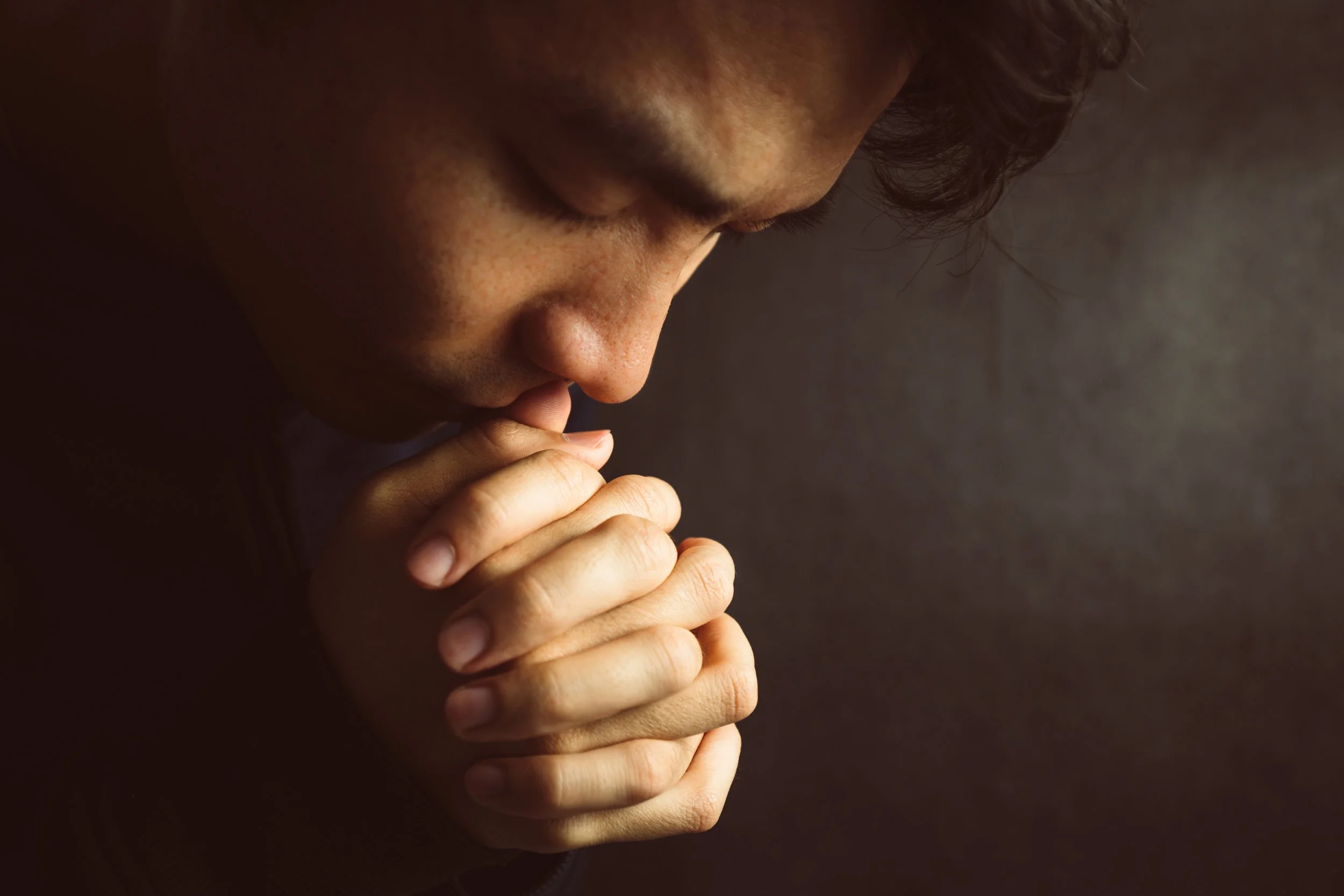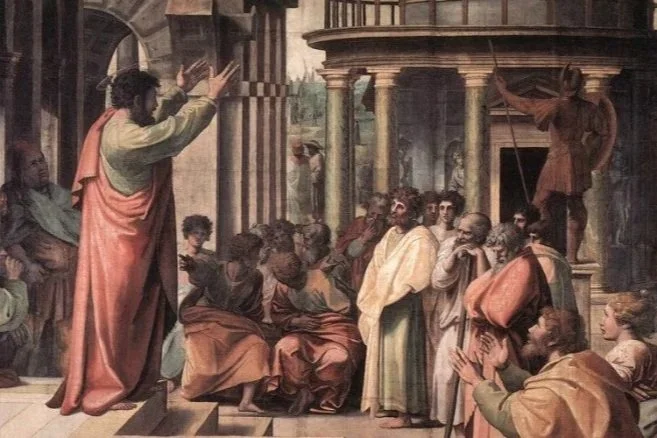Let Us Not Give Up Praying
Then Jesus said to them, “Suppose you have a friend, and you go to him at midnight and say, ‘Friend, lend me three loaves of bread; a friend of mine on a journey has come to me, and I have no food to offer him.’ And suppose the one inside answers, ‘Don’t bother me. The door is already locked, and my children and I are in bed. I can’t get up and give you anything.’ I tell you, even though he will not get up and give you the bread because of friendship, yet because of your shameless audacity he will surely get up and give you as much as you need.” (Luke 11:5-8 NIV)
Then Jesus told his disciples a parable to show them that they should always pray and not give up. He said: “In a certain town there was a judge who neither feared God nor cared what people thought. And there was a widow in that town who kept coming to him with the plea, ‘Grant me justice against my adversary.’ For some time he refused. But finally he said to himself, ‘Even though I don’t fear God or care what people think, yet because this widow keeps bothering me, I will see that she gets justice, so that she won’t eventually come and attack me!’” And the Lord said, “Listen to what the unjust judge says. And will not God bring about justice for his chosen ones, who cry out to him day and night? Will he keep putting them off? I tell you, he will see that they get justice, and quickly. However, when the Son of Man comes, will he find faith on the earth?”
(Luke 18:1-8)
In these two parables, Jesus taught about the importance of being bold and persistent in prayer. The first (Luke 11:5-8) is the story of a man who receives a visitor at midnight and, as he had no food to offer him, he went to knock on his neighbor's door to borrow some bread. Because of the time and the fact that the whole family was already in bed and asleep, the father was reluctant to get up to care for his neighbor. Commenting on this passage, Joachim Jeremias says:
The oriental goes to sleep early. The house is dark; the little oil lamp which burns during the night only gives a faint light. The door is bolted and locked. The children and wife are in bed. We are to imagine a single-roomed peasant's house, in which the whole family slept on a mat in the raised part of the room. Hence all would be disturbed if the father had to get up and draw the bolt.[1]
So, it's only natural that at first the father was reluctant to get up and open the door, but his resistance was overcome by his friend’s boldness or “shameless audacity.”
The second parable (Luke 18:1-8) tells of a widow who had a legal dispute—probably a civil one—with an influential adversary who refused to grant her right. She went before a judge who was described as someone who “did not fear God or care what people thought,” and she insisted that he “grant her justice against her adversary.” The judge refused to listen to her for a while, but she kept coming to him until the stubbornness of the unjust judge was overcome by the widow's persistence.
What do we learn?
First, by way of contrast, these two parables show what God is not.
God is not like the neighbor who hesitated about responding to his friend’s request at midnight. On the contrary, he is willing to respond his children’s prayers as a good father, as Jesus taught in Luke 11:9-13:
“So I say to you: Ask and it will be given to you; seek and you will find; knock and the door will be opened to you. For everyone who asks receives; the one who seeks finds; and to the one who knocks, the door will be opened. ‘Which of you fathers, if your son asks for a fish, will give him a snake instead? Or if he asks for an egg, will give him a scorpion? If you then, though you are evil, know how to give good gifts to your children, how much more will your Father in heaven give the Holy Spirit to those who ask him!’”
Furthermore, God is not like the unjust judge who refused to do justice to the widow. He will respond, “and quickly,” according to Luke 18:6-8:
And the Lord said: Listen to what the unjust judge says. And will not God bring about justice for his chosen ones, who cry out to him day and night? Will he keep putting them off? I tell you, he will see that they get justice, and quickly. However, when the Son of Man comes, will he find faith on the earth?
Second, we learn that Jesus wants his disciples to keep praying and never quit. Why? Because they were soon going to face difficulties that would test their faith, and prayer would become the source of strength and endurance.
We too—Christians in the 21st century—face all kinds of difficulties that test our faith today: poverty, unemployment, illnesses, isolation, depression, rejection, loneliness, disappointments, family crisis, discrimination, addictions, racial hatred, opposition to the gospel, distortion of the truth, economic exploitation, wars caused by economic interests in which hundreds of thousands of innocent people die, abuses from the rich and powerful against the poor and the vulnerable, and so forth. Our faith is shaken. Our confidence decreases. Is God really hearing? Is he aware of our pain? Does he care? Yes, he does. He hears and is aware and cares. He will respond. He will do justice. He will do justice for us, and quickly. Let us “always pray and not give up.”
1. The Parables of Jesus, (New York: Charles Scribner's Sons, 1972), 157-158.







